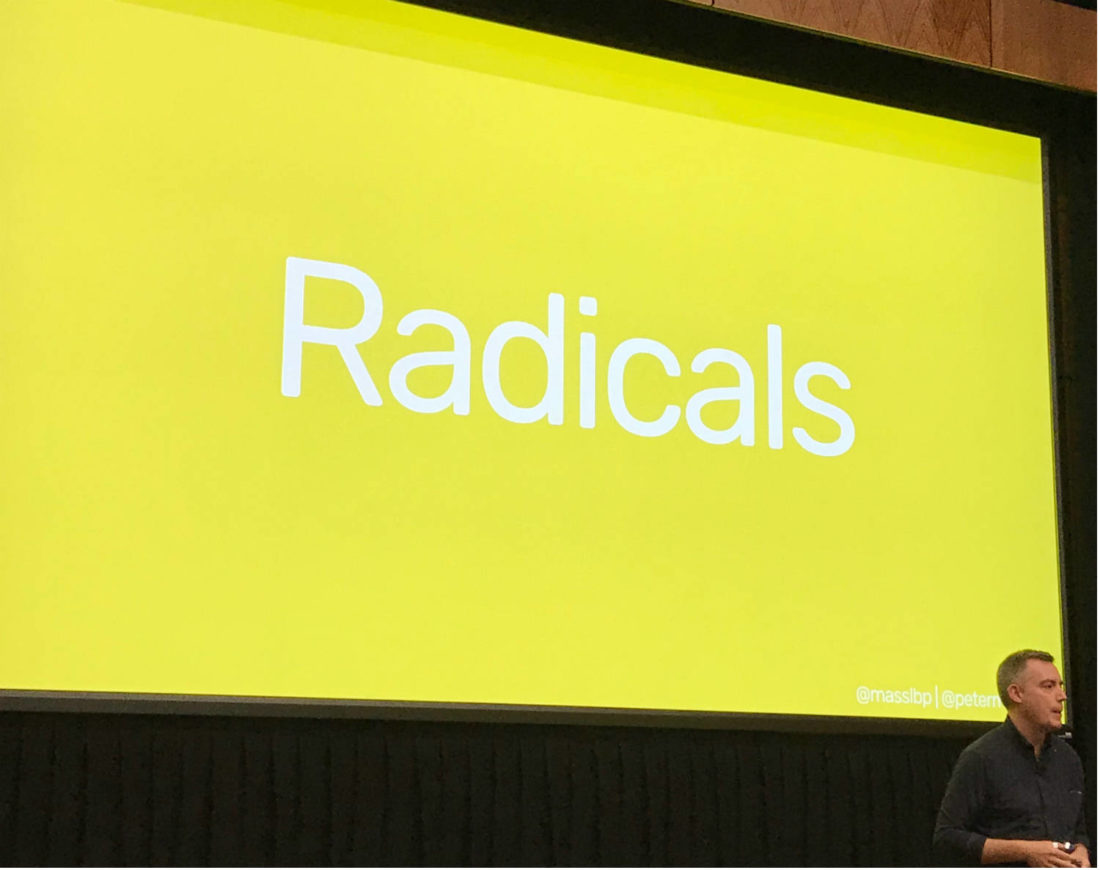Radical inclusion
What’s the most radical form of civic inclusion we have NOT yet seen? Whatever it is, it will include public libraries.
As political philosopher, Bonnie Honig, says, public things like libraries are a ‘constitutive necessity to democratic life’. Democracy, she argues, is inconceivable and unsustainable without public things acting as ‘the signs and symbols to democratic unity’.
Public things may well hold the key to what makes us human… our capacity to relate to other people through the ‘things’ that we build and maintain together. Public things, and their defence, can move us from questions about who are we, to questions about what needs our care and attention. We depend on public things, and they depend on us. Moreover, they can often be hiding in plain sight. Like libraries. When you need them, they are there. You may not need a library today or tomorrow, but one day, just when you need it, it is no longer invisible.
Attachment and care
One of the dangers associated with unchecked privatisation of public services and assets is that our attachment to public things is weakened. We stop caring because we no longer perceive them as ‘ours’. Public things can offer us a kind of durability in the midst of change and loss. We see this in our communities when a new library ‘comes to town’. New and refurbished libraries help us to become re-enchanted with them. They elicit good feelings. We can invest imagination and care into them and what they are capable of giving back.
Public things, like libraries, are ‘holding places’. They hold our memories and hopes and concerns. They are places of trust and care, out of which we develop confidence and a sense of connection.
But they can fail us, too, if we have failed them. Like the neglected, run-down library that hasn’t kept up with contemporary trends. It no longer affords use and meaning to multiple constituencies; it is often left to languish, serving an increasingly narrow group of users.
Of course, not all public things are held in the same regard. Some represent privilege, power, colonialism, state sovereignty, and exclusion of one sort or another. We may feel ambivalent towards these things, which is not the same as wanting them not to exist. But that is where public libraries are somewhat different. They have a special place in the collective imagination.
Values and metaphors
When it comes to ‘public things’ in general, there are few that match the special place sequestered inside the collective consciousness called ‘libraries’. But their defence requires vigilance.
Our advocacy needs the metrics, research, statistics and economic cost benefit analyses that have already been done, particularly by the State Library of Victoria. But shouldn’t the ‘creative library’ actually understand and use creativity, even in the ways we talk about the value and values of the library?
And, what might this look like?
It might start with:
- reinforcing metaphors associated with growth, inclusivity, preciousness, treasure trove, igniting ideas, safety
- reinforcing values of equity, sharing, recycling resources, equal access to cultural experiences
- reinforcing specific language like ‘cultural infrastructure’, ‘creative partner’, ‘community meeting place’
- reinforcing stories of positive change, creative production, peace and participation.
I think some of the most challenging work ahead will be to unpick what’s been done to us by neoliberal ideology, and reclaim, in new ways, a civil society that not only redistributes wealth and opportunity, but creativity itself.
Edited version of a talk given at Radical Libraries, 8 May 2018. Hosted by the State Library of Victoria and Public Libraries Victoria Network.
References:
Bonnie Honig (2017), Public Things: Democracy in Disrepair, Fordham University Press, New York
*Image above shows Canada’s Peter MacLeod challenging libraries to be audacious at Radical Libraries 2018.



